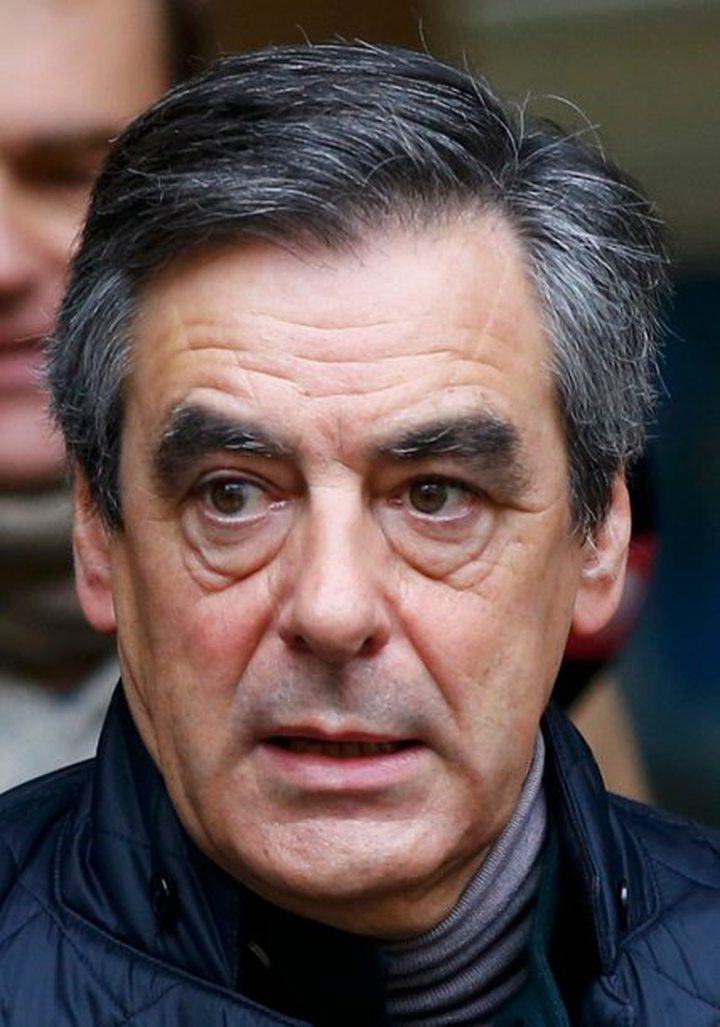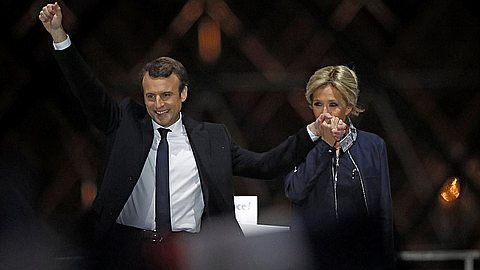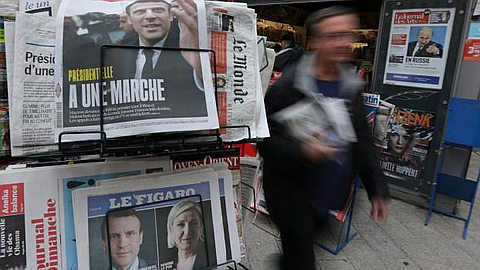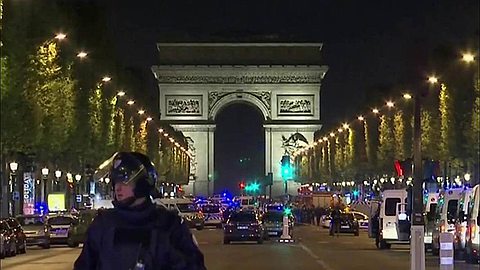Nicolas Sarkozy Is Out as François Fillon Takes Surprise Lead in French Primary

François Fillon, a former prime minister of France
Mr. Fillon delivered an unexpected knockout to a third candidate, former President Nicolas Sarkozy, whose strident appeals to French identity and get-tough approach to immigrants and Islamist terrorism had been thought to guarantee him a place in the second round of voting, on Nov. 27. Mr. Fillon, whom Mr. Sarkozy appointed as prime minister in 2007, co-opted those themes, using less harsh language, and pushed aside his former boss. With the governing Socialists largely discredited, the winner of the second-round contest in the Republicans’ party primary will be considered the favorite in the presidential election next year.
With most of the votes counted, Mr. Fillon led with 44.1 percent, Mr. Juppé was second with 28.3 percent, and Mr. Sarkozy had 20.9 percent.
Mr. Fillon, who was Mr. Sarkozy’s prime minister for five years, had languished in polls for months behind him and the more moderate Mr. Juppé. French commentators had largely written off Mr. Fillon, pointing out that Mr. Sarkozy appeared to have seduced the party’s hard-right voters, who were worried about immigration and Islam, and that Mr. Juppé seemed to appeal to the party’s more centrist voters, seeking a more inclusive approach. A week ago, most were confidently predicting a Juppé-Sarkozy runoff.
But in the past week, Mr. Fillon advanced in the polls, having positioned himself between the integrationist message of Mr. Juppé and the tougher positions of Mr. Sarkozy. On Sunday night, French television commentators expressed astonishment that the longtime favorite, Mr. Juppé, had suddenly become a challenger with tough odds.
The winner of the second round is likely to face the candidate of France’s far-right National Front, Marine Le Pen, in the presidential election. On Sunday, Ms. Le Pen boasted that the Republicans’ primary had been fought on her themes: French identity, reconsideration of France’s role in Europe, and a crackdown on immigration and jihadists.
Those themes are likely to dominate electioneering here. For the next week, Mr. Fillon and Mr. Juppé will be seeking Mr. Sarkozy’s voters. Mr. Fillon has promised to add 16,000 prison cells, create a special antiterrorism judicial unit, crack down harshly on anybody who maintains any relation with the Islamic State, and strip the French citizenship of those who embark on jihad.
The themes are a natural fit for Mr. Sarkozy’s voters, and as he conceded on Sunday night, Mr. Sarkozy said he would vote for Mr. Fillon — a man who had expressed disdain for his former patron during the campaign. But the two have a similar outlook on the world, and in particular a more conciliatory approach than Mr. Juppé to the Russia led by Vladimir V. Putin. Mr. Fillon has called for a Western coalition with Mr. Putin, the Russian president, to fight ISIS.
Still, a large majority of voters said in exit polls on Sunday that economic issues were of uppermost concern, and on that subject, Mr. Fillon could be vulnerable. He has promised harsh measures — in the French context — to roll back the role of the state in the country’s economy: cutting 500,000 to 600,000 civil service positions, eliminating the 35-hour workweek, and moving to a 39-hour workweek in state workplaces like hospitals. These kinds of campaign planks typically bring tens of thousands of demonstrators into the streets — as Mr. Juppé learned at his expense in the mid-1990s — and bring down governments.
Mr. Juppé has criticized Mr. Fillon’s economic program as far too harsh, and unworkable. He seems certain to hammer that theme in the seven days remaining in the primary campaign. But the odds may now be against him.
“Fillon will win,” said Gérard Grunberg, a political scientist at the Paris Institute of Political Studies, who added that a week ago, he would not have predicted Mr. Fillon’s swift rise.
“Juppé campaigned too far to the left for the French right,” Mr. Grunberg said. Referring to Mr. Fillon, he added, “I didn’t think it would all crystallize around his personality.”




